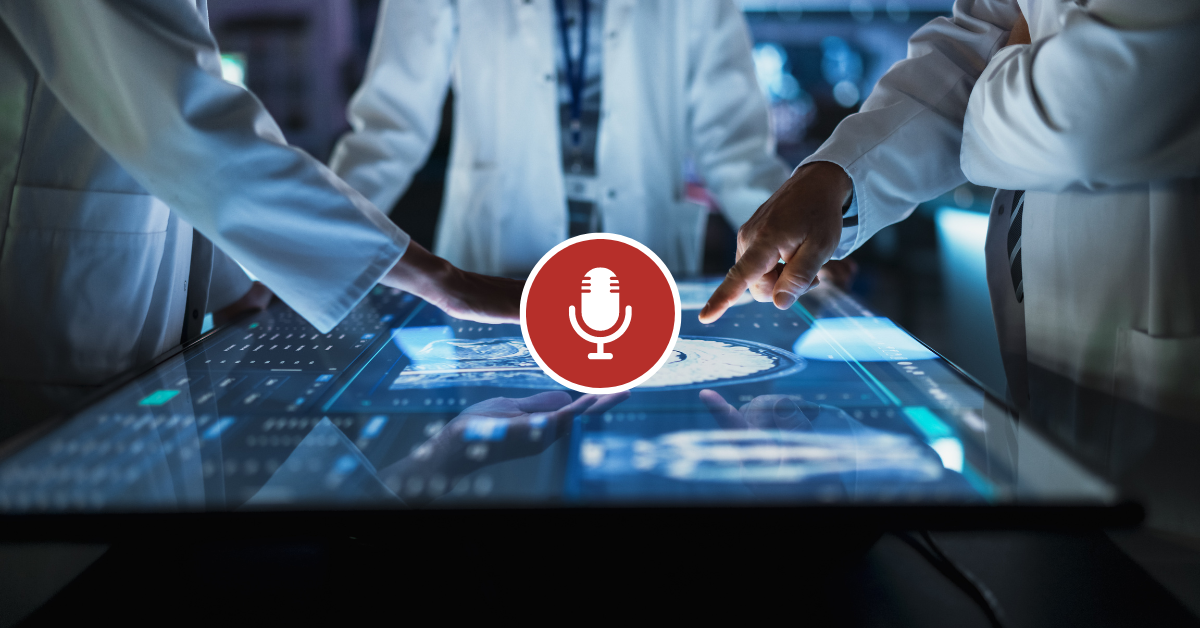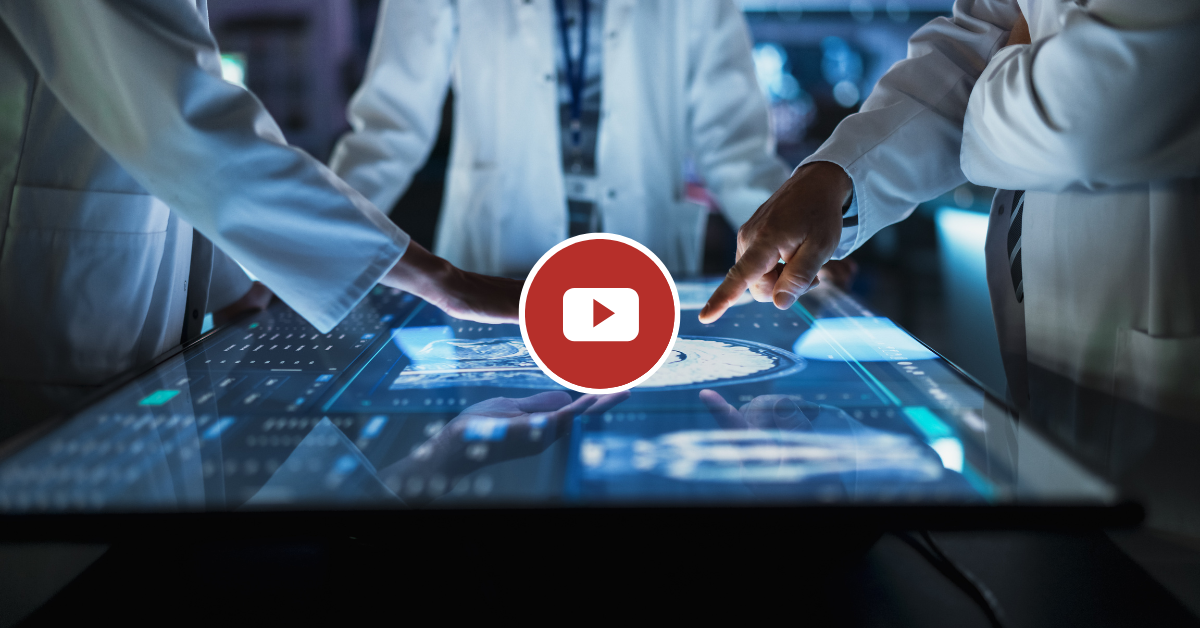Monday, August 26, 2024 | 12:00 PM EDT - 12:00 PM EDT
The U.S.-China Science and Technology Cooperation Agreement (STA), signed in 1979, was the first major bilateral agreement between the United States and China. Since then, it has been renewed multiple times and has facilitated China’s integration into the global economy. However, experts agree that the current STA no longer reflects China’s expanded scientific and technological (S&T) capacity, nor does it address U.S. concerns about China’s S&T practices and policies. In August 2023, after President Biden nearly allowed the STA to lapse beyond its usual five-year renewal period, he approved two six-month extensions. It is now set to expire on August 27, 2024.
In an interview conducted on August 21, 2024, Scott Moore speaks with Yasheng Huang and Deborah Seligsohn about current U.S.-China scientific collaboration, the legacy of the STA, and the potential future of an STA 2.0.
Speakers
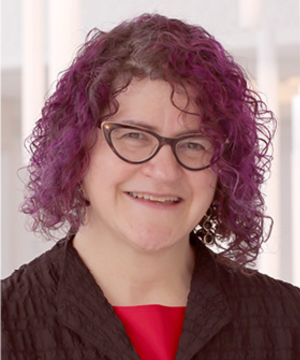
Deborah Seligsohn
Deborah Seligsohn is an Assistant Professor of Political Science at Villanova University and a Woodrow Wilson Institute China Fellow. Her research focuses on Chinese politics; U.S.-China relations; and public health, energy, and environmental politics in China and India. Previously, she worked in both the NGO and government sectors on public health, science, climate, and the environment. From 2003 to 2007, she served as the Environment, Science, Technology, and Health Counselor at the U.S. Embassy in Beijing. From 2007 to 2012, she served as the Beijing-based principal advisor to the World Resources Institute’s China Energy and Climate Program. In addition to publishing in academic journals, her writing has appeared in The Washington Post, Financial Times, The South China Morning Post, and more. Dr. Seligsohn received her Ph.D. in political science and international affairs from the University of California, San Diego.
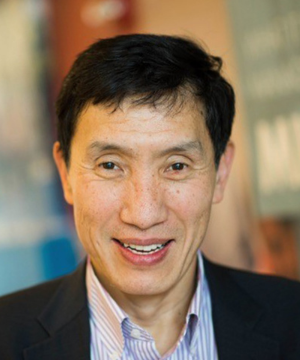
Yasheng Huang
Yasheng Huang is the Epoch Foundation Professor of International Management and Faculty Director of Action Learning at the Sloan School of Management at the Massachusetts Institute of Technology. He previously served as an Associate Dean overseeing MIT Sloan’s global partnership programs and its action learning initiatives from 2013 to 2017. His previous appointments include faculty positions at the University of Michigan and at the Harvard Business School. At MIT, Professor Huang founded and runs the China Lab and the India Lab, which have provided low-cost consulting services to over 360 small and medium enterprises in China and India. Between 2015 and 2018, he ran a training program in Yunnan province for female entrepreneurs. He has served as a consultant at the World Bank, Asian Development Bank, and the OECD, and currently serves on a number of advisory and corporate boards of non-profit and for-profit organizations.
Moderator
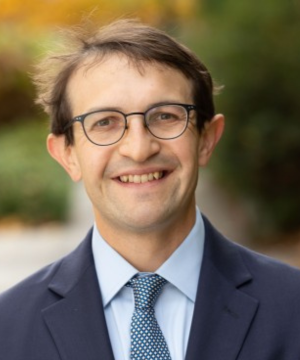
Scott Moore
Scott Moore is a political scientist, university administrator, and former policymaker whose career focuses on China, sustainability, and emerging technology. As Director of China Programs and Strategic Initiatives at the University of Pennsylvania, Dr. Moore designs, implements, and highlights innovative, high-impact global research initiatives. Previously, Dr. Moore was a water resources management specialist at the World Bank Group. He also served as the Environment, Science, Technology, and Health Officer for China at the U.S. Department of State, where he worked extensively on the Paris climate agreement. Before entering public service, Dr. Moore was a Giorgio Ruffolo Post-Doctoral Research Fellow with the Belfer Center at Harvard University. Dr. Moore holds doctoral and master’s degrees from Oxford University, where he was a Rhodes Scholar, and an undergraduate degree from Princeton. He is a fellow with the National Committee’s Public Intellectuals Program.

